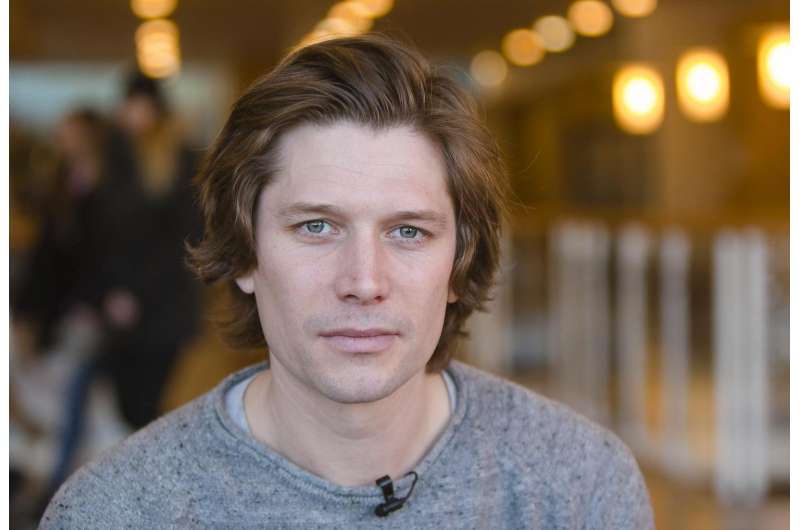Mild weather since 1970s worrying for the American view on climate threat

In a chronicle published in Nature, Swedish researcher Joacim Rocklöv at Umeå University reasons around the findings of a new research study showing that American's scepticism towards climate issues are partly due to the improved weather. The cognitive dissonance taking place between self-experienced changes in weather and the long-term threat can explain why people have a hard time making climate conscious decisions.
In the chronicle Misconceptions of global catastrophe, Joacim Rocklöv, associate professor and epidemiologist at the Department of Public Health and Clinical Medicine, discusses the findings of a study published in the same issue of Nature. In the study, researchers have studied US migration patterns since the 1970s. The research study draws the conclusion that the net effect of climate change so far might have been experienced as primarily positive and the often climate sceptical view of the Americans is then undermined by self-experienced, seemingly positive effects.
The trend appears to change in a future climate, where a majority of Americans are expected to experience a worsening of the climate. According to Rocklöv, these insights might be useful to motivate an increased climate awareness among the European populations.
In regards to the domestic US migration patterns since the 1970s, the study suggests it is possible to draw the conclusion that Americans generally dislike living in areas with hot and moist summers, and prefer mild winters. Since the changes in weather in the US from the 1970s and onwards has produced milder winters, the development is at large seen as positive. One weakness with the study, as Rocklöv sees it, is how it fails to take into account the effects of extreme weathers on people's attitudes to climate, which are often important even only in the short-term.
Consequences of cognitive dissonance
If the self-experienced changes seem to make life more pleasurable in the form of milder winters and dryer summers, it can be troublesome to motivate Americans (and Europeans alike) to change their lifestyles, according to Joacim Rocklöv. This despite overwhelming scientific evidence of the catastrophic consequences of climate change.
Rocklöv points out in his chronicle that the effects of the pollution-mitigating actions that are taken today will not yield results until mid-2000. This delay - between emission and climate effects, but also between mitigating actions and its limiting effects on the global warming - will make it more difficult to motivate citizens to change their lifestyles to the very core today when they have so far only experienced the climate changes as positive. It remains to be seen if public support of a climate policy would be strengthened if Americans were informed of the experienced change only being transitory and that the climate will predominantly be changed for the worse in the future.
"The US is one of the most influential countries in the climate negotiations and among the countries causing the largest climate impact. Hence, it is of huge significance globally if a majority of the country's population considers themselves favoured by the climate change and therefore not motivated to change their behaviour in order to limit further climate change," says Joacim Rocklöv.
More information: Joacim Rocklöv, Climate science: Misconceptions of global catastrophe, Nature (2016). DOI: 10.1038/532317a
Journal information: Nature
Provided by Umea University


















